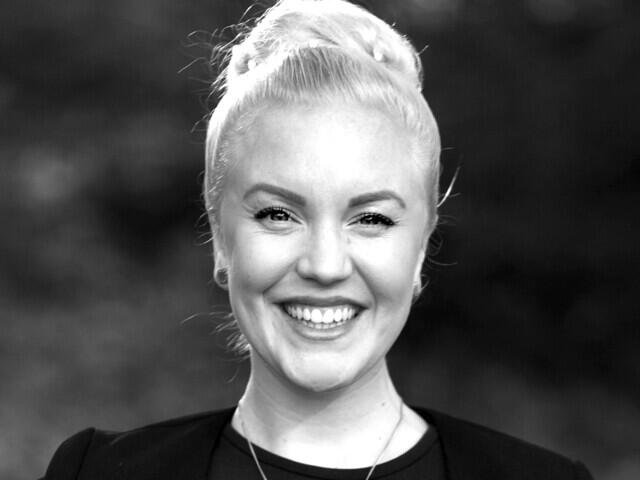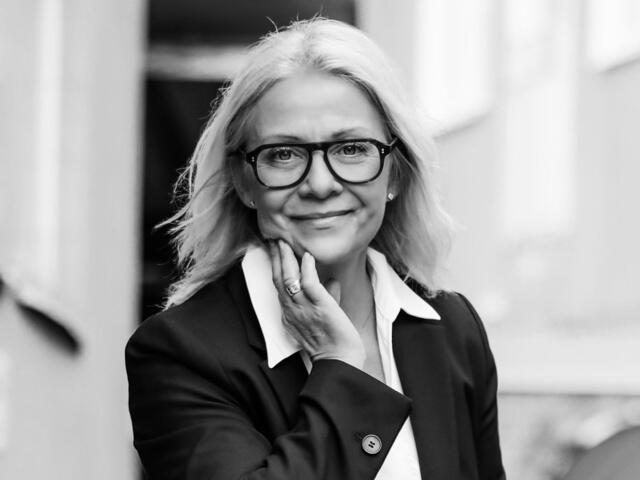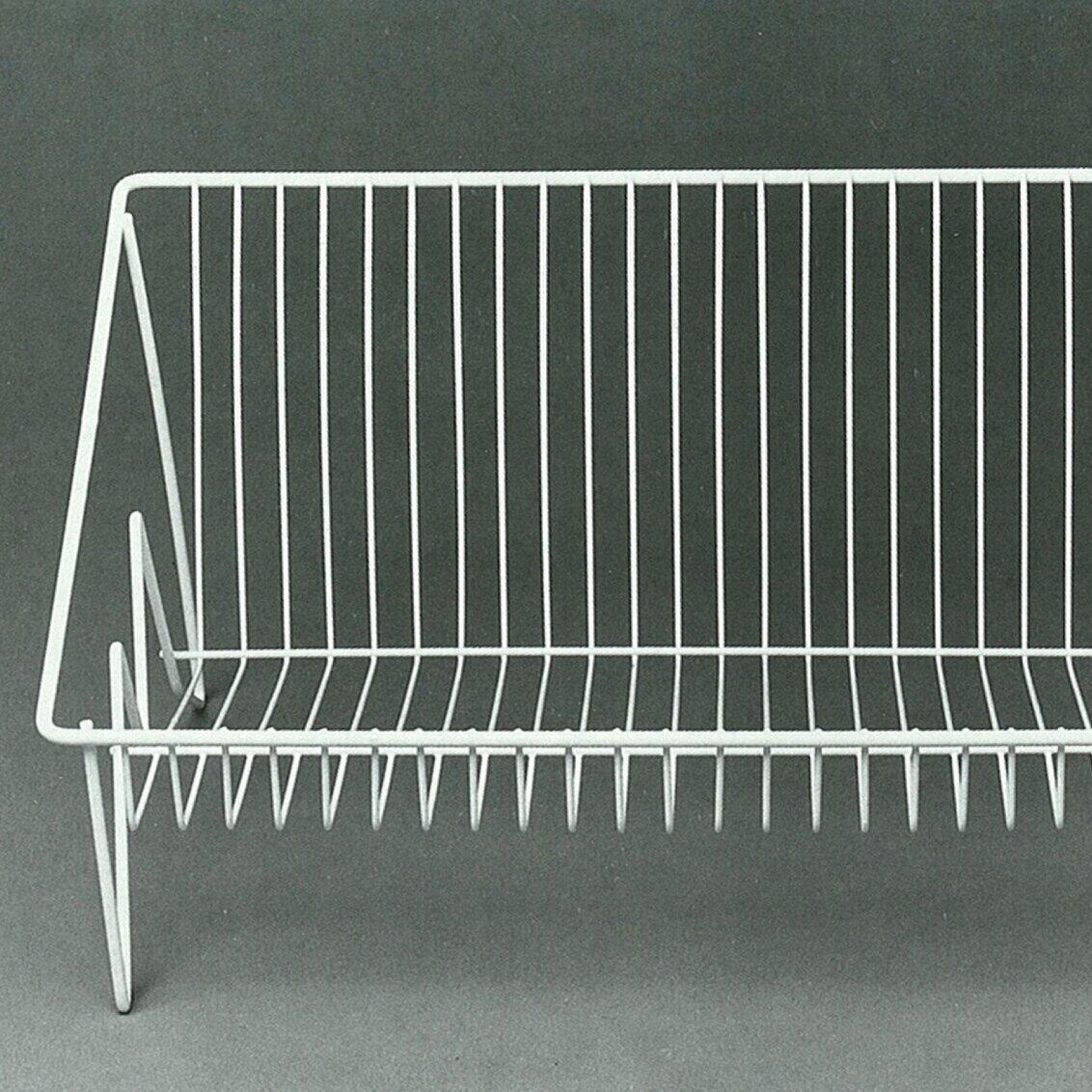

Awareness around our impact on the climate and natural ecosystems is greater today than ever before. In the wider community, there is a growing tendency to consume with care and responsibility, and with a focus on the circular economy. What do we need to think about when it comes to more sustainable purchasing, and what exactly is circular consumption? We are joined by Alexandra Davidsson, who is an expert in sustainability and a member of Elfa Insights, to help us answer these questions.


Smart storage means being able to see and access what you already own. You are less likely to forget what you have if your possessions are organised so you can easily see them. This may help you use your items more efficiently and not make unnecessary purchases.


Having a dedicated area for recycling and reuse of products in your home may facilitate circular consumption. Products that you are able to repair, donate or sell can be placed in separate boxes or shelves. This makes it easier for you to get started with the recycling process.


Versatile shelving and other modular storage solutions that can be adapted to suit your needs make it easier to organise and store your possessions in a sustainable way. Over time, these units can be moved and switched around to suit your changing needs.
Elfa Insights är Elfas tankesmedja där vi undersöker trender, behov och utmaningar inom förvaring. Detta gör vi genom konsumentundersökningar och genom att samla in insikter från ledande experter inom hållbar konsumtion och psykologi. Vi kan därmed djupdyka inom vårt absoluta favoritämne, förvaring, och inspirera till bättre ordning och harmoni hemma så att du kan frigöra plats för det som är viktigt i vardagen.


Alexandra Davidsson är hållbarhetsexpert med stor kunskap och erfarenhet inom cirkulär ekonomi, konsumtion och hållbar livsstil. Hon arbetade som generalsekreterare för föreningen Medveten Konsumtion 2016-2022 och har utsetts till en av Sveriges 33 största talanger inom hållbarhet enligt Aktuell Hållbarhet samt till en av Sveriges 101 hållbarhetsmäktigaste. Hon brinner för cirkulär ekonomi och att skapa cirkulenter – ett begrepp för framtidens hållbara konsument.


Anneli Östling är relationsexpert, diplomerad psykosyntesterapeut och förändringsledare som till vardags arbetar med parterapi i sin mottagning på Kungsholmen i Stockholm. Hon ligger också bakom appen Otrohetsakuten och är aktuell med podcasten Stora Relationsguiden som används som parterapi. I höst kommer även en ny app och en bok med samma titel.


 Christine Dalman
Christine DalmanElfas Förvaringsexpert och Senior PR Specialist sedan mer än 30 år tillbaka.

In 2023, Elfa celebrates 75 years of innovation and customer focus. Since its inception, the company has been a reliable partner for many homes and apartments. But how has our living situation, interior design and everyday life changed from the time Elfa's success journey started to today?

What role does the era in which we grow up play in our lifestyle habits? And what significance will this have for the storage in our homes in the future?
Read more
We all need a roof over our heads, but how should everything under that roof look? Some trends may lean nomadic, and many people are moving out of cities and trying to become independent of one another, but the home in some form will always be important.
Read more